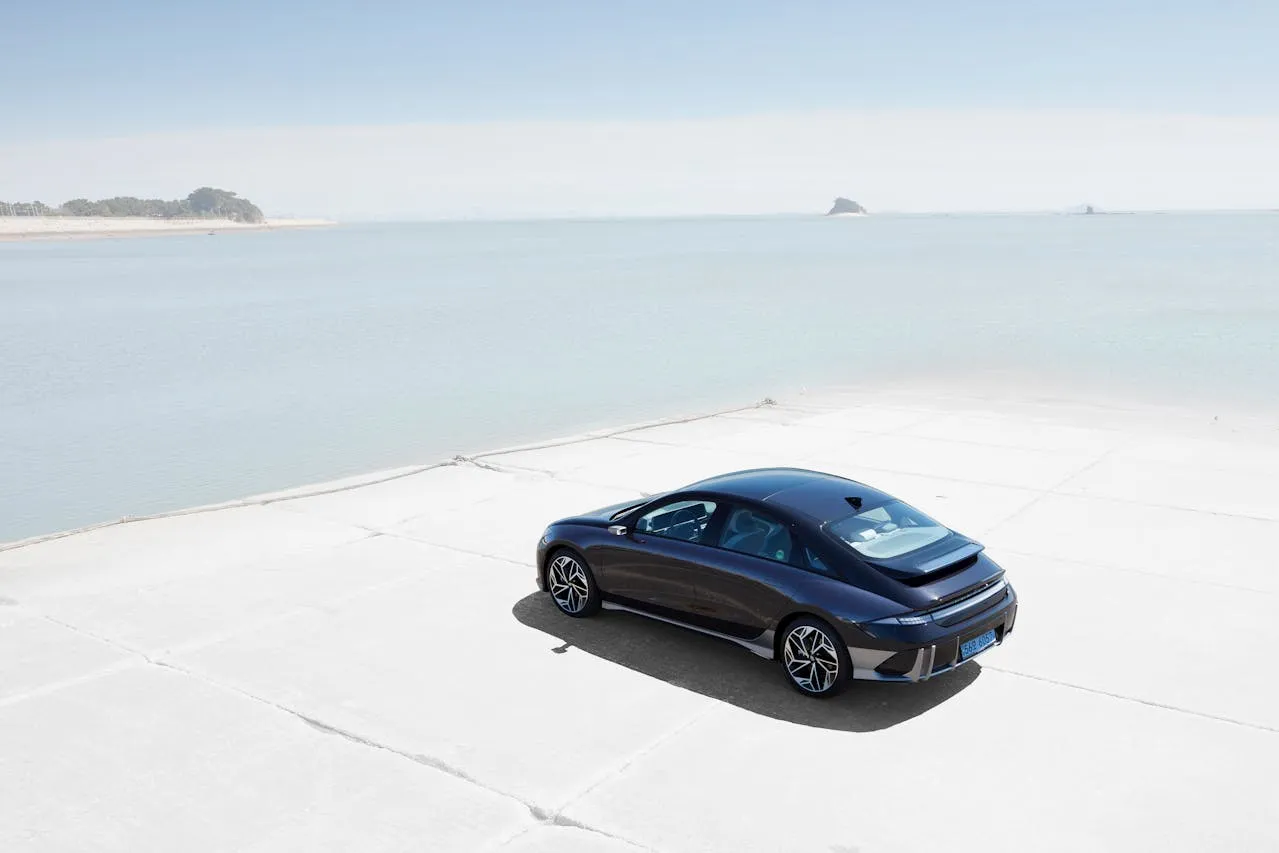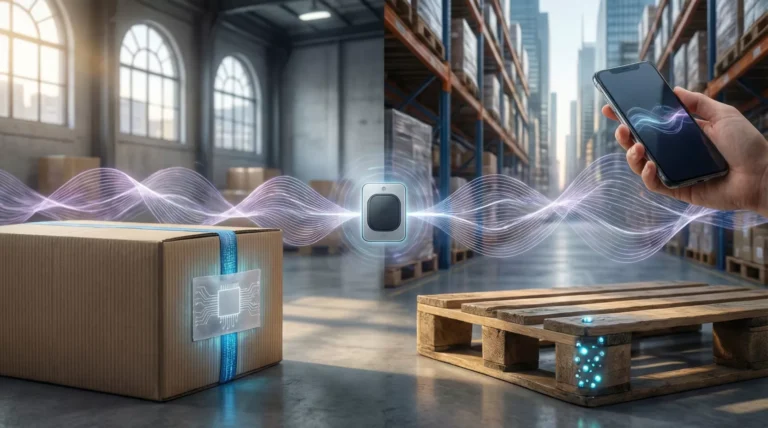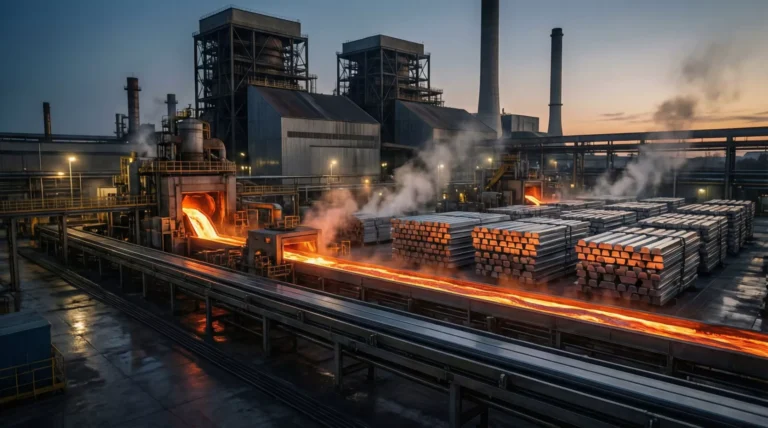
Hyundai Motor and Kia Strengthen EV Battery Innovation in Collaboration with Hyundai Steel and EcoPro BM Hyundai Motor Company and Kia Corporation are intensifying their efforts to boost the competitiveness of future electric vehicle (EV) batteries.
On September 25, the two automakers initiated a project to develop lithium iron phosphate (LFP) battery cathode material. This collaboration, involving Hyundai Steel and EcoPro BM—a leading player in the cathode material market—aims to create LFP battery cathode materials through direct synthesis, bypassing the need for a precursor. This four-year initiative is supported by South Korea’s Ministry of Trade, Industry, and Energy as part of its ‘LFP Battery Technology Development’ program.
Traditionally, LFP cathode materials are produced by adding lithium to precursor substances like phosphate and iron sulfate. The direct synthesis method, however, simultaneously combines phosphate, iron powder, and lithium, eliminating the need for a separate precursor step. This innovation reduces harmful emissions during manufacturing and lowers production costs.
The direct synthesis process is both environmentally sustainable and cost-effective compared to conventional methods. However, achieving high production efficiency requires raw materials that are free of impurities and consistently sized.
In collaboration with Hyundai Steel, Hyundai Motor and Kia will focus on developing high-purity fine iron powder processing technology using recycled domestic iron. EcoPro BM will then use this iron powder to directly synthesize LFP battery cathode materials.
The goal of the project is to create LFP cathode materials that enable fast-charging technology and deliver excellent charging and discharging performance, even in low-temperature conditions.
This collaboration is significant as it bridges the steel, battery, and automotive industries. By integrating technologies in the LFP battery material field, Hyundai Motor and Kia aim to lead advancements in the EV market.
Earlier this year, both companies reaffirmed their commitment to improving EV battery performance, safety, and cost-efficiency as part of their long-term strategies.




